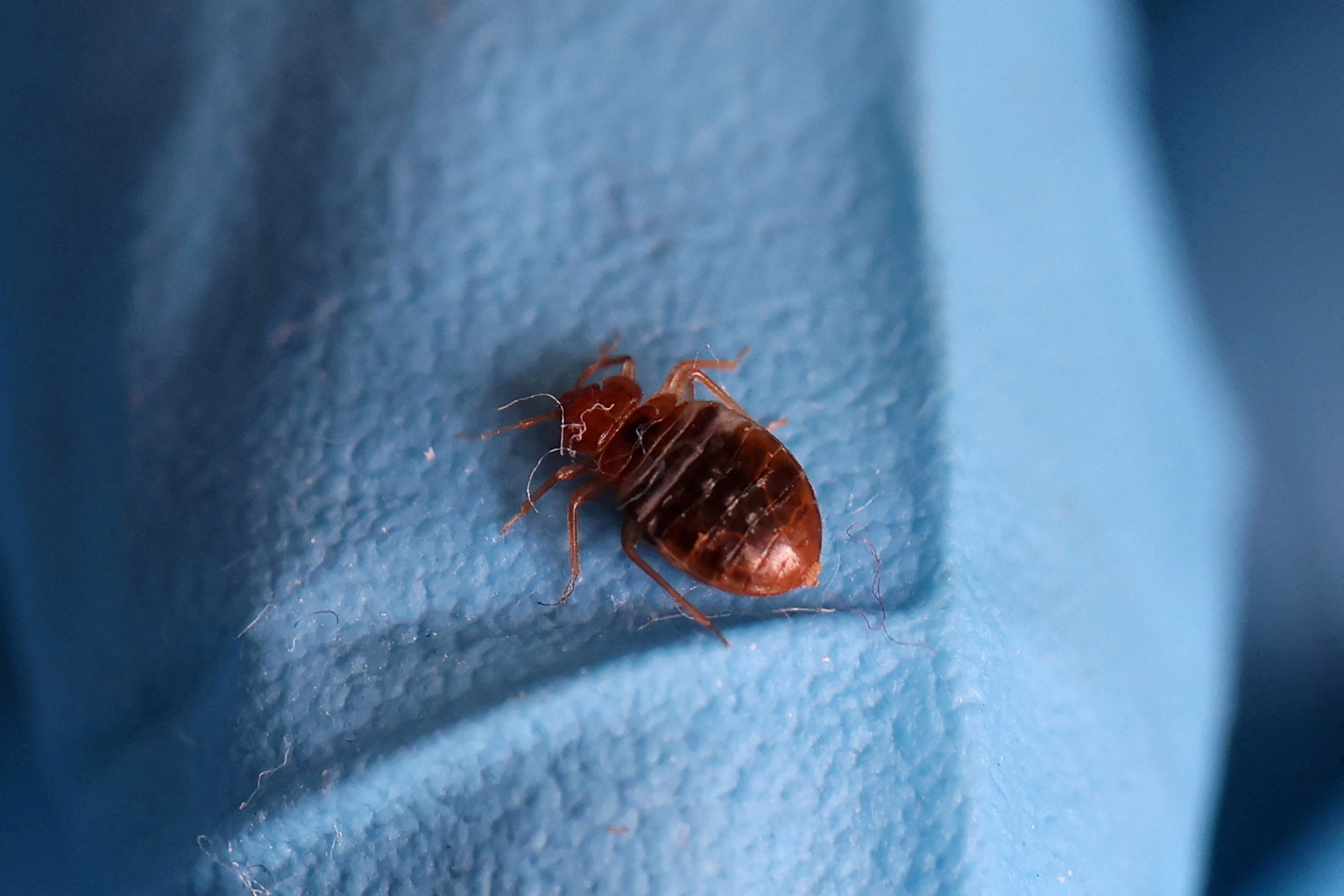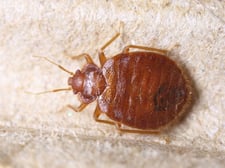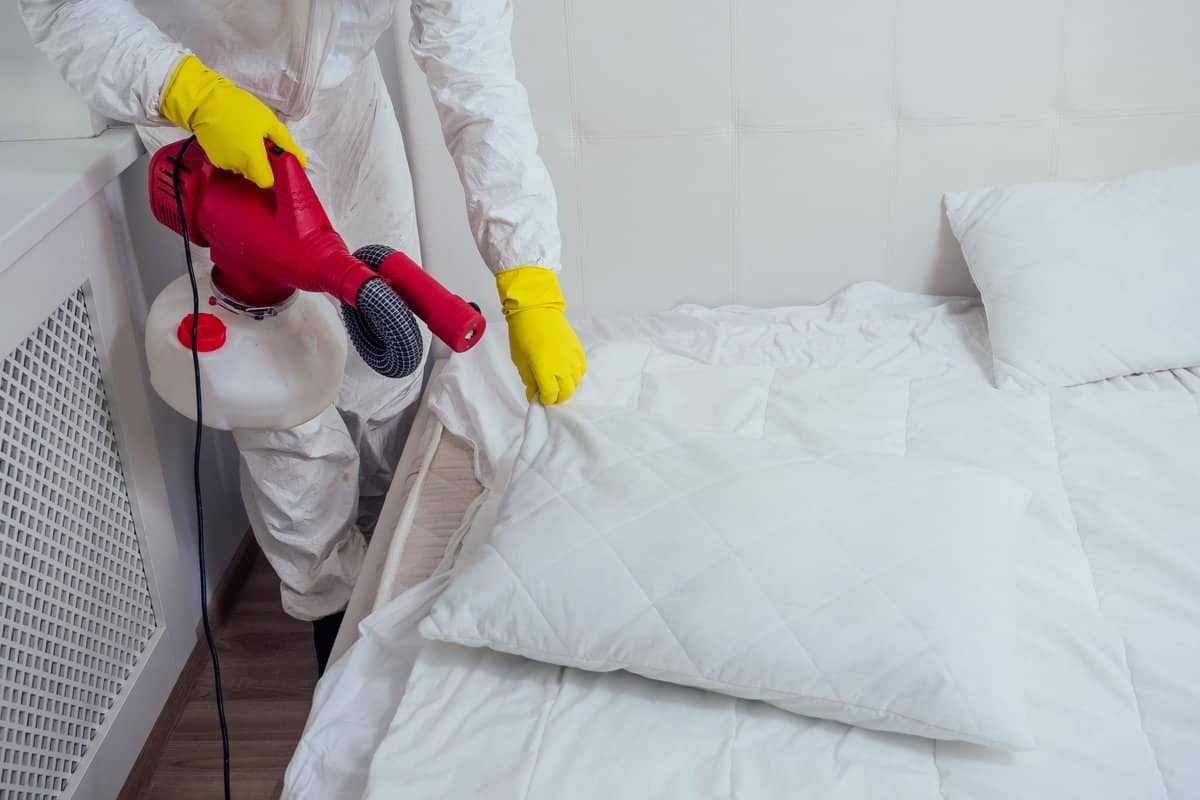Leading Kings Cincinnati Pest Control Services: Exterminator Competence
Leading Kings Cincinnati Pest Control Services: Exterminator Competence
Blog Article
A Break Down of the Different Sorts Of Insect Control Solutions
In the realm of parasite control, a wide range of approaches exist to fight the visibility and attend to of unwanted creatures. From the standard use chemical pesticides to much more ingenious organic control solutions, each method provides distinctive benefits and limitations. As we navigate with the varied landscape of parasite control solutions, comprehending the complexities of each approach comes to be paramount in identifying one of the most efficient training course of activity. Stay tuned as we discover the nuanced globe of parasite control strategies and find exactly how each kind plays an one-of-a-kind duty in guarding our environments.
Chemical Pesticides
Chemical chemicals are generally made use of in bug control to efficiently eliminate a wide array of pests and other insects. These chemicals function by targeting the nerve system of the insects, interrupting their regular functions, and ultimately leading to their death. Using chemical pesticides has been a staple in the pest control sector for decades due to their performance and fast results.

However, it is vital to utilize chemical pesticides with care as a result of their possible harmful effects on the atmosphere and non-target types. Incorrect application or overuse of these chemicals can cause pollution, injury to beneficial insects, and resistance development in pest populations. It is important to comply with security guidelines and regulations when using chemical pesticides for parasite control.
Biological Control Approaches
Considering the potential ecological impacts and threats related to chemical pesticides, biological control approaches provide a more lasting method to taking care of bug populations. Biological control involves making use of natural enemies, such as parasites, predators, and microorganisms, to suppress parasite populations. This approach is typically extra targeted, impacting just the specific bug species while lessening harm to helpful insects, people, and the setting.

One benefit of organic control is its long-lasting efficiency. Once established, all-natural adversaries can assist manage pest populations continuously without the need for duplicated applications of chemicals. Furthermore, biological control is often more cost-efficient and can help in reducing pesticide resistance in pest populaces gradually. Generally, biological control methods supply a eco friendly and sustainable remedy to pest administration.

Mechanical Pest Control
Mechanical bug control entails the physical manipulation or removal of bugs to handle their populations efficiently. This method is often utilized in combination with various other pest control techniques for detailed parasite management. One common example of mechanical bug control is making use of catches to record insects or rodents. These traps can be established in calculated areas where parasites are recognized to dwell, helping to reduce their numbers. best time to treat for termites
Another mechanical method is the use of barriers such as displays, fencings, or internet to obstruct parasites from getting in details locations. By physically avoiding insects from accessing a location, the likelihood of infestations or damages can be significantly lowered. In addition, hands-on methods like handpicking pests off frameworks or plants can be efficient for smaller-scale infestations.
While mechanical parasite control approaches can be labor-intensive, they use a non-chemical alternative that can be eco-friendly and sustainable. By targeting pests straight, mechanical control methods can help maintain insect populaces in check without depending on pesticides.
All-natural Treatments
Utilizing all-natural treatments for parasite control uses a environmentally friendly and sustainable strategy to handling parasite populations without resorting to chemical interventions. All-natural treatments entail utilizing materials stemmed from plants, minerals, or various other naturally taking place sources to prevent or eliminate bugs. Growing particular herbs like basil, mint, or lavender around your residential property can fend off bugs due to their solid scents. Diatomaceous earth, click this site a powder made from fossilized algae, can be made use of to combat insects like ants, roaches, and bed pests by dehydrating their exoskeletons.
Additionally, vital oils such as tea tree oil or neem oil have insecticidal buildings that can effectively control pests while being safe for the environment. Another natural remedy is introducing advantageous bugs like ladybugs or praying mantises to i was reading this your garden to take advantage of hazardous insects. By integrating these natural services into pest management strategies, people can reduce their dependence on artificial chemicals and advertise a healthier, much more balanced ecosystem.
Integrated Pest Monitoring
Integrated Parasite Administration (IPM) is a thorough technique that integrates various strategies to effectively regulate pest populaces while reducing risks to human wellness and the atmosphere. IPM involves the integration of numerous insect control methods such as organic control, habitat manipulation, alteration of cultural practices, and making use of resistant crop ranges. By utilizing a mix of these methods, IPM aims to minimize reliance on chemical pesticides, which can have negative effects on ecosystems and human wellness.
One secret facet of IPM is the emphasis on avoidance. By carrying out measures to avoid insect infestations before they take place, such as preserving correct cleanliness and securing entry factors, the need for responsive pest control procedures is minimized. Tracking and regular assessments play a critical role in IPM, permitting very early detection of parasite concerns and prompt treatment.
Conclusion
In conclusion, the various types of pest control solutions offer a range of options for effectively managing pest infestations. Organic control approaches make use of all-natural killers to manage insects. Integrated Insect Management combines numerous approaches for an all natural strategy to pest control.
Chemical chemicals are frequently utilized in pest control to effectively remove a vast variety of bugs and other parasites.Mechanical bug control includes the physical manipulation or elimination of parasites to handle their populations effectively (Kings pest control services Cincinnati oh).Utilizing all-natural treatments for pest control supplies a lasting and environment-friendly method to taking care of bug populations without resorting to chemical treatments.Integrated Insect Monitoring (IPM) is an extensive approach that incorporates different strategies to properly control pest populaces while reducing threats to human health and the setting.In conclusion, the different kinds of insect control remedies provide an array of options for successfully managing bug problems
Report this page